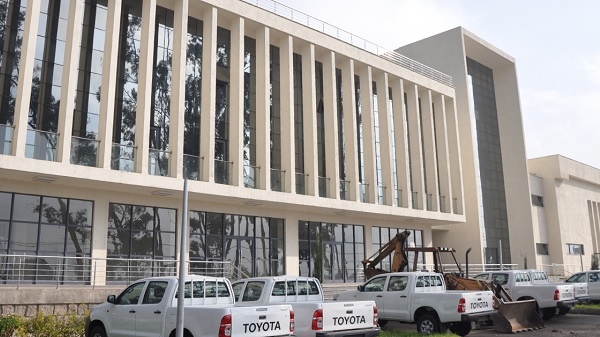
The World Bank provides $150 million (in credit and grant) to Ethiopia to combat epidemics and advance critical public health priorities
WASHINGTON, DC (World Bank) – The Board of the World Bank Group has approved a total of $250 million in International Development Association (IDA) credits and grants to help the Federal Republic of Ethiopia, the Republic of Zambia, and the African Union (AU) counter the spread of infectious diseases and address key regional and continental public health issues.
The Africa Centers for Disease Control and Prevention Regional Investment Financing Project (ACDCP) will strengthen disease surveillance, prevention, and emergency-response systems across the African continent. The project will finance the establishment of laboratories, transnational surveillance networks, emergency-response mechanisms, and other public health assets designed to manage diseases on a regional and continental scale. It will support the development of guidelines and standards to improve coordination between the Africa Centers for Disease Control and Prevention (Africa CDC) Secretariat and national public health institutions across the continent and facilitate the sharing of public health assets and the exchange of vital data on infectious diseases.
- African Union– IDA Grant: US$ 10.0 million equivalent
- Federal Democratic Republic of Ethiopia– Credit: US$ 75.0 million equivalent (maturity: 38 years Grace: 6 years)
- Federal Democratic Republic of Ethiopia– IDA Grant: US$ 75.0 million equivalent
- Republic of Zambia– Credit: US$ 90.0 million equivalent (maturity: 30 years Grace: 5 years)
Project ID: P167916
Project Description: The Project objective is to support the Africa CDC to strengthen continental and regional infectious disease detection and response systems.
“Collaboration is vital to overcome individual financial constraints and realize economies of scale in population coverage”, says Patricia Geli, Senior Economist and Task Team Leader. The project will build the capacity of regional and continental public health institutions by supporting the development of a diverse and skilled cadre of health workers capable of fulfilling the Africa CDC’s mandate to reduce the burden of infectious disease and proactively counter epidemics. Together, these activities will support the efficient use of scarce public health resources, overcome national-level capacity constraints, and maximize the positive effects of integrated transnational disease-surveillance and emergency-response systems.
Continue reading this story at The World Bank
